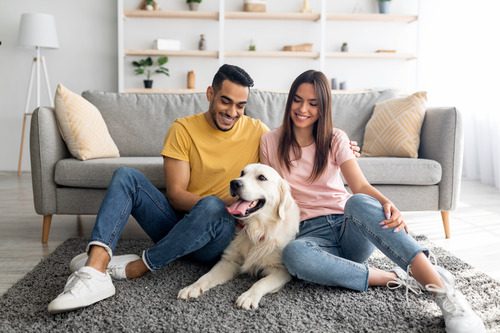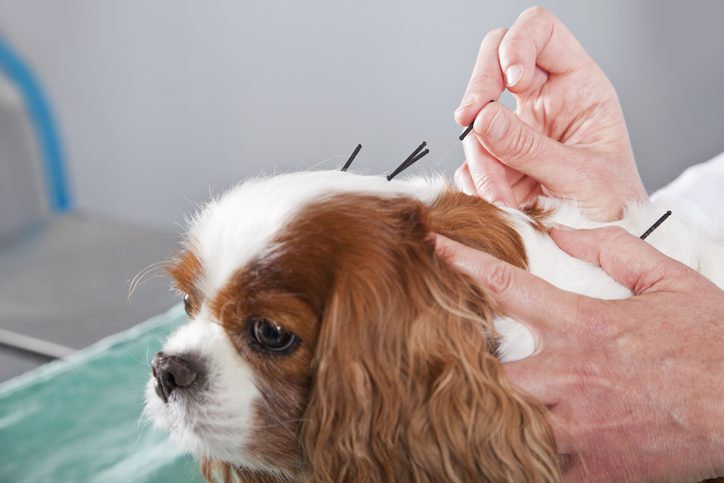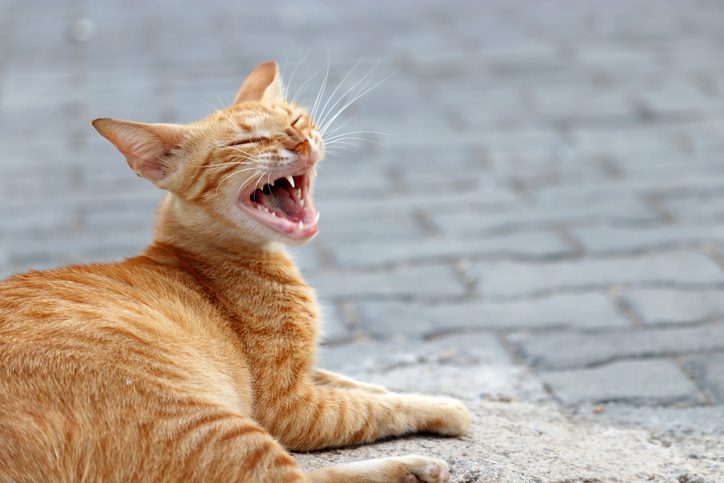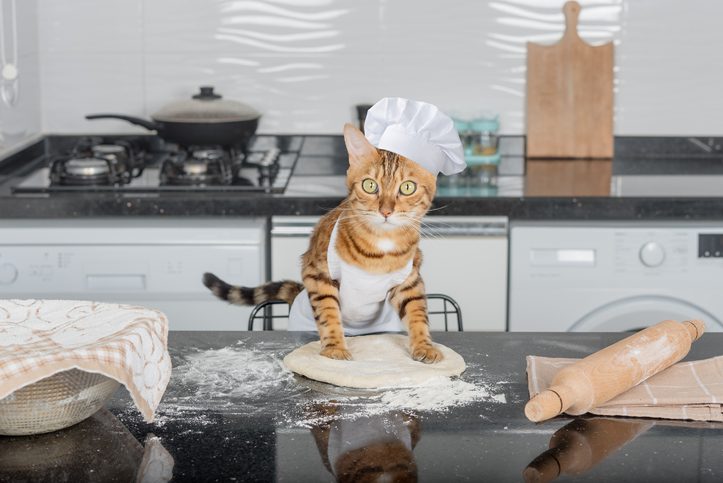How to Pet Proof Your Home
Creating a safe and welcoming environment for your pets at home is essential for their happiness and health. When you “pet proof your home,” you’re taking proactive steps to ensure that your pets can explore, play, and relax without facing unnecessary risks. This guide will help you identify potential hazards and provide practical solutions to make your home a safer place for your furry companions. If you have specific concerns or need further assistance, feel free to contact Cornerstone Veterinary Hospital of Clifton Park at (518) 383-6254.

Identify Common Household Hazards
Before you can effectively pet proof your home, it’s important to know what dangers might lurk in your living spaces. Common household hazards for pets include toxic plants, electrical cords, small objects that can be swallowed, and household chemicals. Each of these can pose a significant risk to your pet’s health if not properly managed.
Secure Electrical Cords and Outlets
Pets, especially young ones, are often curious about new things and may chew on electrical cords. This can lead to electrical shock or burns. Secure all loose cords and cover outlets to prevent your pets from getting injured. You can use cord protectors or bitter-tasting sprays designed to deter pets from chewing.
Remove or Secure Toxic Plants
Many common houseplants are toxic to pets if ingested. Plants like lilies, azaleas, and philodendrons should be kept out of reach or removed from your home entirely. Replace them with pet-safe alternatives like spider plants, Boston ferns, or bamboo palms.
Create a Safe Space
Every pet needs a safe, comfortable space in your home where they can retreat and feel secure. This area should be free from any hazards and include their bed, toys, and water.
- Choose Appropriate Bedding and Toys: Ensure that the bedding and toys you choose are suitable for your pet’s size and chewing habits. Avoid toys with small parts that could be swallowed or choked on, and opt for bedding that is easy to clean and free of harmful chemicals.
- Maintain a Clean Environment: Regular cleaning is essential not only for your pet’s health but also to keep your home environment free from allergens and pests. Use pet-safe cleaning products to avoid exposing your pets to toxic chemicals.
Control Food and Trash Access
Pets are naturally curious and may try to investigate smells coming from the kitchen. To pet proof your home, it’s crucial to control their access to food and trash.
Secure Trash Cans
Use a trash can with a tight-fitting lid or store it in a latched cabinet. This will help prevent your pet from rummaging through the garbage and ingesting something harmful.
Store Food Properly
Keep all food items in secure containers or cabinets. Be especially vigilant with foods that are toxic to pets, such as chocolate, onions, and grapes.
Regular Home Maintenance
Keeping up with home maintenance plays a vital role in creating a safe environment for your pets. This includes checking for and repairing any potential hazards that could harm your pet.
- Check for Escape Routes: Regularly inspect your home for potential escape routes such as loose windows or screens. Ensure these are secure to prevent your pet from getting outside unsupervised.
- Inspect for Hazards: Regularly walk through your home and check for any new hazards that could have developed, like loose tiles, sharp edges, or exposed nails. Fix these issues promptly to keep your pet safe.
Keeping Your Pet Safe
Creating a pet-friendly home is an ongoing process that involves looking at your living spaces through the eyes of your pet. By following these steps, you can ensure that your home is a safe and enjoyable place for your pet to live. If you need advice on specific ways to pet proof your home or if you have other pet care concerns, call Cornerstone Veterinary Hospital of Clifton Park at (518) 383-6254. We’re here to help ensure your pet’s safety and well-being in every aspect of their lives.
Recent Posts
5 Benefits of Dog Acupuncture
5 Benefits of Dog Acupuncture More and more dog owners are deciding to explore alternative therapies for…
Excessive Sneezing in Cats
Why is My Cat Sneezing Excessively? Sneezing is a common ailment in cats, and it is normal…
Cat Kneading: Why Do Cats Make Biscuits?
Cat Kneading: Why Do Cats Make Biscuits? Felines express themselves in a variety of exceptional ways. One…
About Us
Originally opened as Animal Care Hospital by Dr. Mark Johnston in 1989, the hospital became Cornerstone Veterinary Hospital in 2015 when it was purchased by Drs. Alan and Lisa Knott. The name 'Cornerstone' holds a special place in their hearts, representing not only their Christian faith but also their commitment to being the cornerstone of the community in which they practice. As a family-owned and operated practice, every pet is treated as part of the family, ensuring they receive the highest standard of care. The team at Cornerstone Veterinary Hospital is dedicated to building lasting relationships with clients and their beloved pets, striving to be the cornerstone of the community in which they practice.



